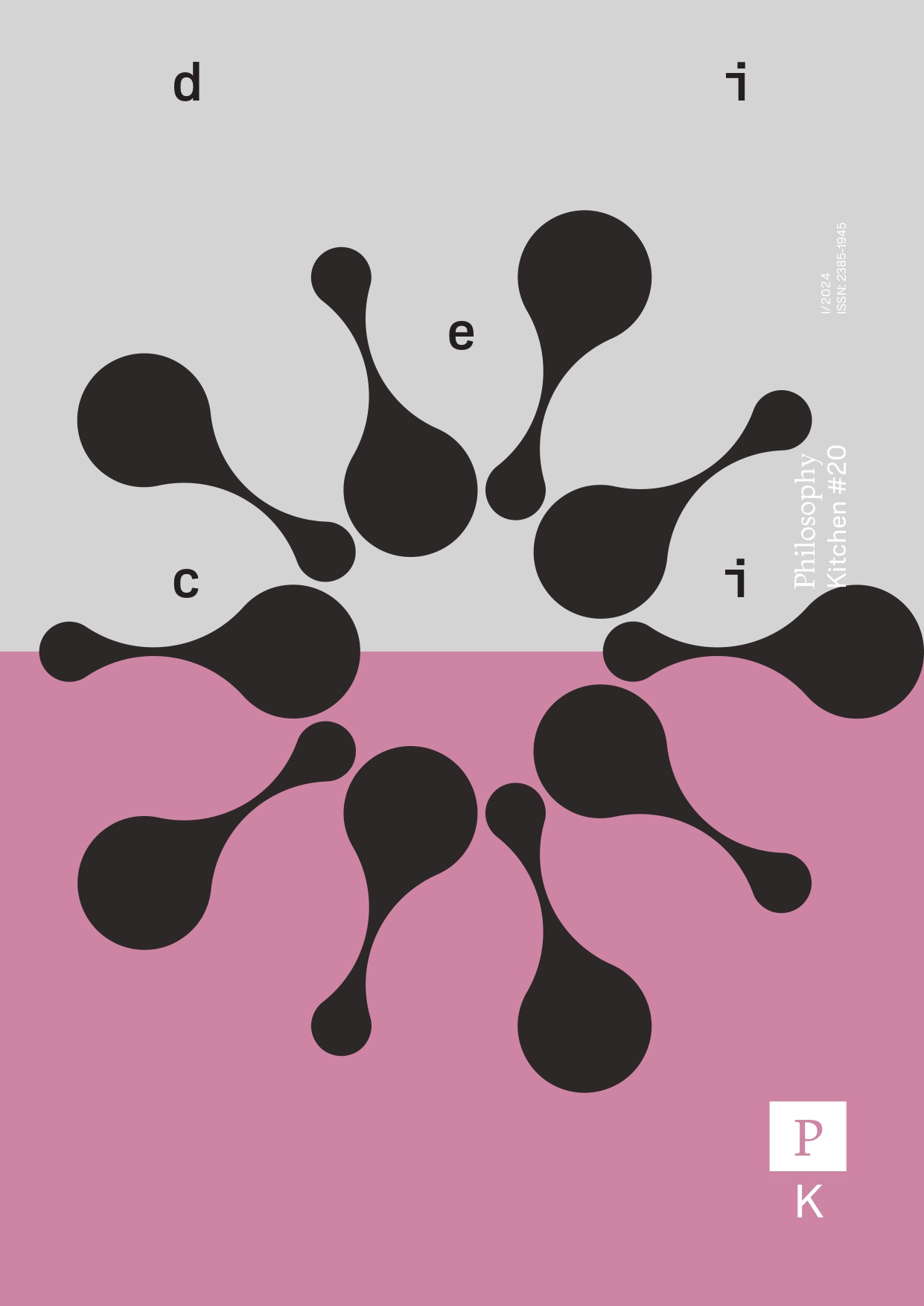How to Read Niklas Luhmann Today?
DOI :
https://doi.org/10.13135/2385-1945/10871Résumé
In this article, we address the question as to how one should read Niklas Luhmann today. Our starting distinction is between “working with the theory” and “working on the theory”. In the first case, scholars are supposed to empirically explore new fields of scientific inquiry based on the complex and articulated conceptual framework developed by the Bielefeld sociologist to understand social systems. In the second case, scholars should contribute to the development of the theory of society by overcoming internal conceptual resistances and at the same time ensuring the coherence of the achieved theoretical system. In conclusion, we suggest that the task of a sociological theory aimed at advancing the understanding of modern society should be to start from the results achieved, based on the principle that scientists should begin to search where others, in their search, have left off.





